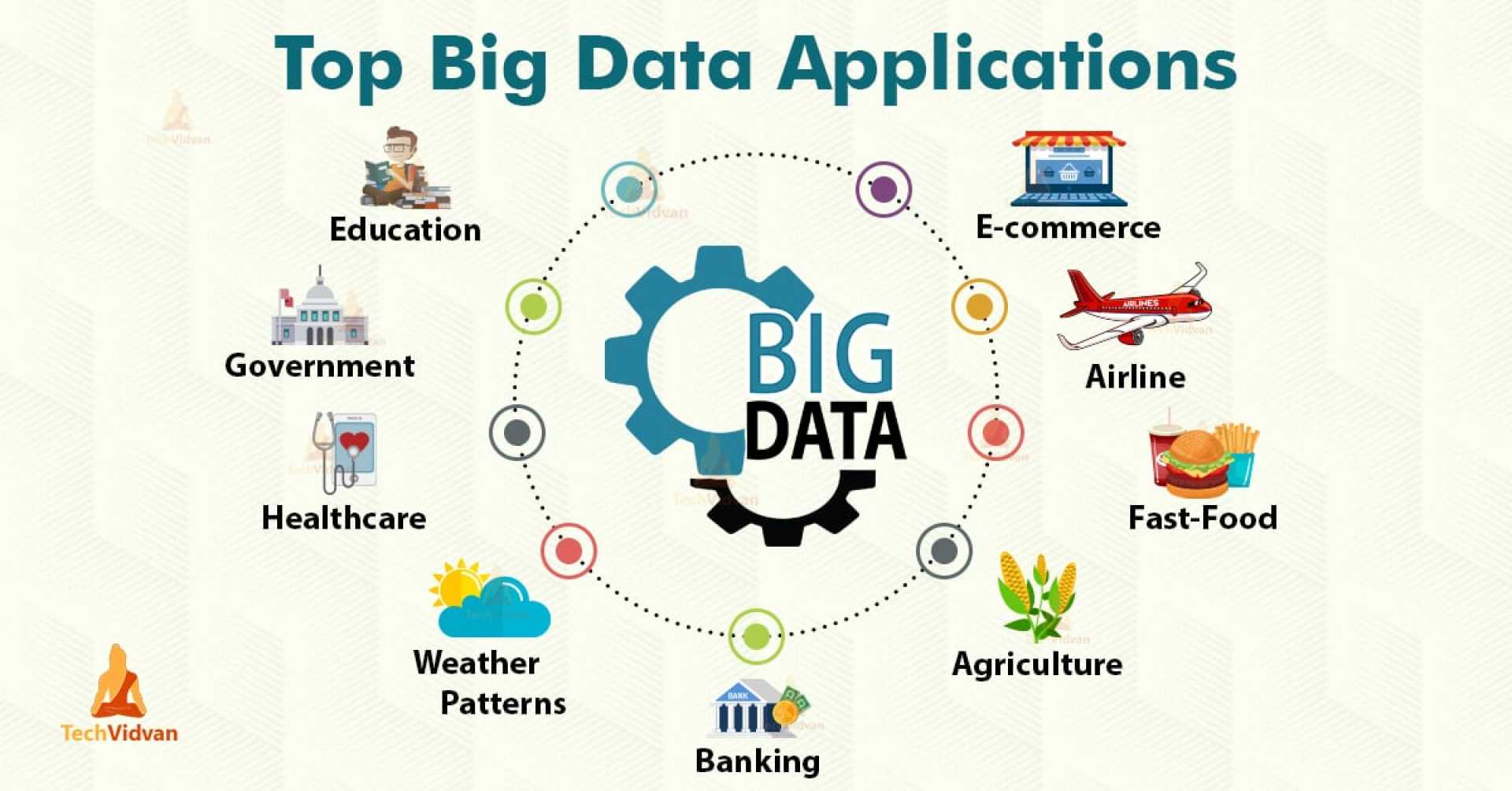Business
Big Data Revolutionizes Multiple Industries

NEW YORK, NY – Big Data is transforming industries worldwide, leading to significant changes in operations and decision-making processes. As companies continue to integrate extensive data analytics into their strategies, the global market for Big Data is projected to reach USD 268.4 billion by 2026.
Organizations across sectors are focusing on enhancing customer experiences, reducing costs, and increasing efficiency through Big Data. However, they face challenges, such as securing funding and demonstrating a return on investment. In finance, for example, banks and asset managers rely on Big Data for analytics, fraud detection, and regulatory compliance.
The Securities and Exchange Commission (SEC) employs Big Data analytics to monitor market activities and detect illegal trading. Additionally, retail giants like Amazon Prime use Big Data to tailor services and enhance customer experiences through data-driven recommendations.
Healthcare is another sector benefiting from Big Data. Hospitals, such as Beth Israel, are leveraging data from patient apps to improve medical decision-making while reducing unnecessary tests. Universities are also adopting Big Data, with institutions like the University of Tasmania analyzing student interactions to enhance learning outcomes.
However, the education sector faces challenges in integrating data from various platforms and ensuring privacy. Government agencies utilize Big Data for efficient service delivery, like the FDA analyzing food-related illnesses to enhance public health responses.
In insurance, companies harness Big Data to increase customer insights and streamline claims management, improving service and reducing fraud. Retailers are slowly adopting analytics to better understand customer preferences and improve product offerings.
Moreover, advancements in autonomous driving cars heavily rely on Big Data technologies for real-time decision-making based on extensive sensor data. The Internet of Things (IoT) also increases the volume of data available for analysis, optimizing processes across industries.
As various sectors increasingly adopt Big Data, expertise in specific industries becomes crucial for maximizing its potential, highlighting the need for targeted training and development.












